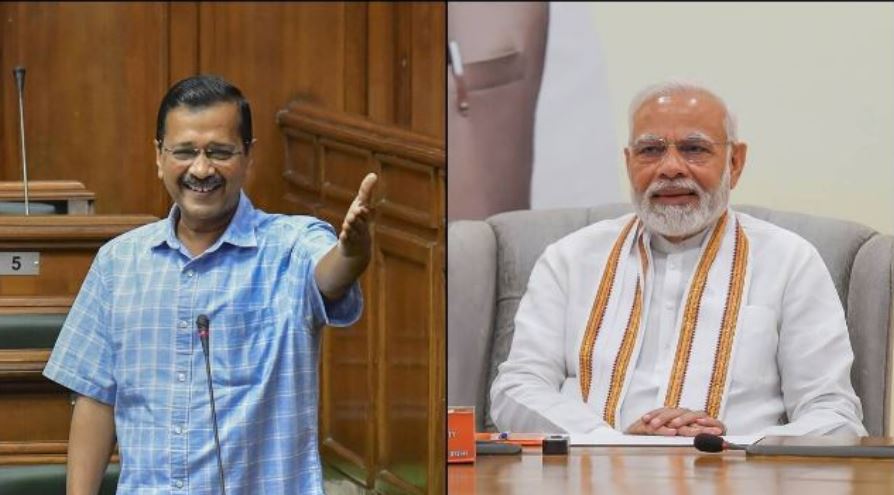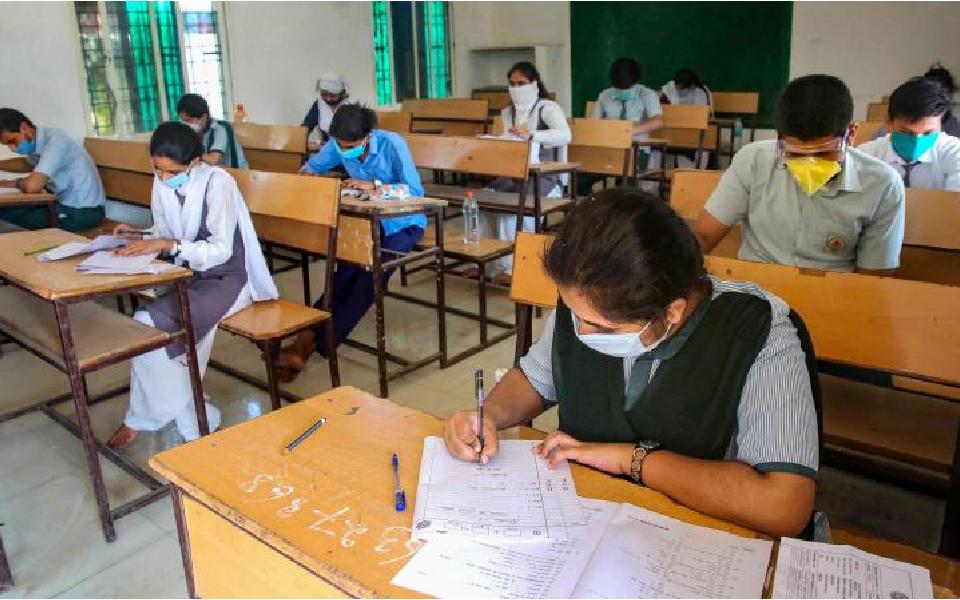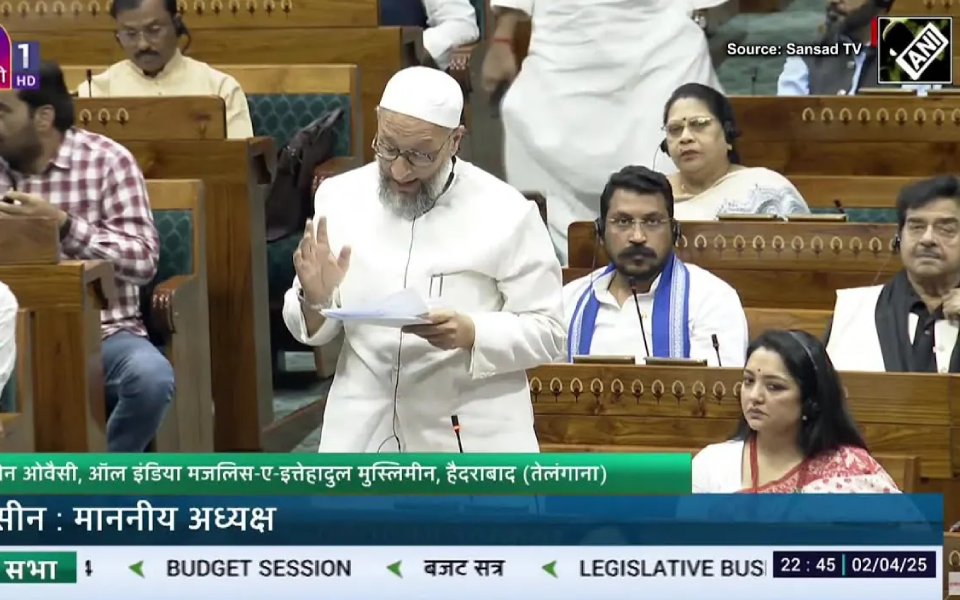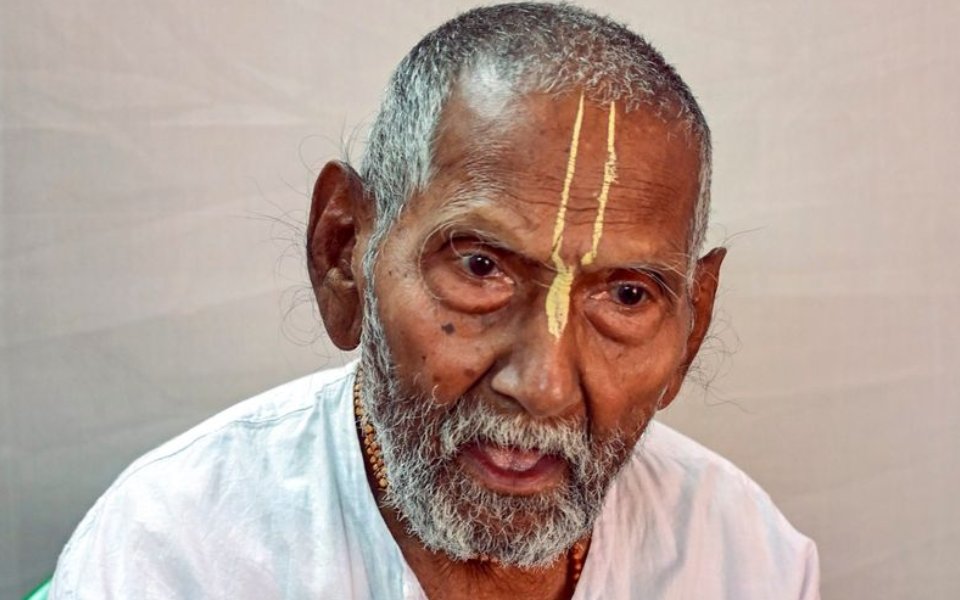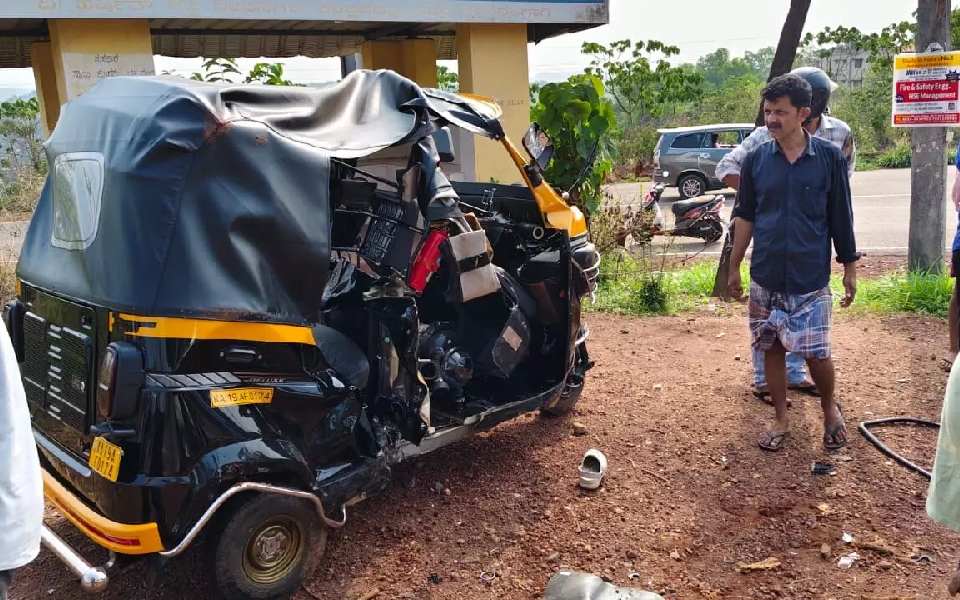Ahmedabad, Feb 9: The Gujarat University on Thursday told the High Court here the Right to Information Act can not be used for satisfying someone's "childish curiosity" as it defended its petition seeking quashing of an order under the transparency law to provide information on Prime Minister Narendra Modi's degree to Delhi CM Arvind Kejriwal.
Citing exceptions granted under the RTI Act for not complying with the seven-year-old order of the Central Information Commission (CIC), Solicitor General Tushar Mehta, appearing for the university, argued that merely because someone is holding a public office, one can not seek his private information which is not connected with his public activity.
Mehta submitted that information about PM's degrees is "already in public domain" and the university had also placed the details on its website in the past, and claimed the 2005 Act is being used for settling scores and to make "childish jabs" against opponents.
However, Kejriwal's advocate claimed information about PM's degrees was not available in public domain as claimed by Mehta.
The advocate also referred to Federal Bureau of Investigation (FBI) searches at residences of former US President Donald Trump and his successor in the White House Joe Biden, and said no one is above the law.
After hearing arguments from both sides, Justice Biren Vaishnav reserved his order on the petition.
In July 2016, the Gujarat HC stayed the Central Information Commission's order asking the Ahmedabad-based university to provide information on the degree earned by PM Modi from the educational institute to Delhi Chief Minister Kejriwal.
In April 2016, then-CIC M Sridhar Acharyulu directed the Delhi University and the Gujarat University to provide information on degrees earned by Modi to the AAP leader.
CIC's order came a day after Kejriwal wrote to Acharyulu, saying he has no objection to government records about him being made public and wondered why the commission wanted to "hide" information on Modi's educational qualifications.
During the hearing on Thursday, Mehta claimed there was nothing to hide in the first place because information about PM's degrees is "already in public domain" and the university had also placed the information on its website on a particular date in the past.
Citing some past judgements of the Supreme Court and by other HCs about the exemptions granted under section 8 of the RTI Act, Mehta said one can not seek someone's personal information "just because you are curious about it".
"To be an RTI Activist has now become a profession. So many people who are not connected are curious about so many things...A stranger can not seek such information. Irresponsible childish curiosity can not become public interest. The RTI Act is being used for settling scores and to make childish jabs against opponents" he said.
As per section 8 of the RTI Act, a university can refuse to divulge information regarding its students to a third person because of the "fiduciary relationship", a relationship of trust between a trustee and a beneficiary.
"One can seek information if it falls in the category of larger public interest. But, you can not seek private information not related to my public activity. Just because the public is interested in it, it can not become public interest. Courts' interpretation has established that education qualification is personal information, whether it is of a politician or any other person," argued the Solicitor General.
Responding to Mehta, senior advocate Percy Kavina, appearing for Kejriwal, told the court that information about PM's degrees was not available in public domain as claimed by the Solicitor General.
"There is an interview of the PM with (journalist-turned-politician) Rajiv Shukla (in which Modi talks about his education). Otherwise, degrees are not available. This is an ambush hearing. Suddenly you come and say it is available on the internet," said Kavina.
He argued that when the Representation of the People Act mandates that politicians fighting elections must disclose their educational qualifications, exemptions about nondisclosure under section 8 of the landmark information legislation does not apply in those cases.
Kavina then gave the example of how the FBI searched residences of former US President Trump and his successor Biden.
"(Contrary to what Mehta said) this information about degrees has a direct connection with public activity and interest...This is how Trump's house and Biden's house are investigated by the FBI. This is how law works. Be you ever so high (in position), you are not above the law," said Kavina.
In his response, Mehta said even if the more than seven-decade-old election law mandates that candidates fighting polls need to furnish details about their educational qualifications at the time of submitting nomination papers, a third person can not file an RTI plea with the Returning Officer to seek that information.
Let the Truth be known. If you read VB and like VB, please be a VB Supporter and Help us deliver the Truth to one and all.
Bengaluru: Over 50 candidates slated to appear for the Karnataka Administrative Service (KAS) mains exam were unable to take the test on Saturday following a last-minute and poorly communicated hall ticket distribution process by the Karnataka Public Service Commission (KPSC).
The candidates are now demanding the state government and the High Court of Karnataka to intervene and ensure justice to them, as reported by The New Indian Express on Sunday.
The confusion began after the Karnataka High Court allowed around 120 aspirants—previously left out because of some confusion in the Kannada translation of a question paper for the preliminary exam—to appear for the mains. Acting on the court’s directive, the KPSC instructed these candidates to submit their applications and fees by 3:00 p.m. on May 2 and collect their hall tickets in person from its Bengaluru office at 5:30 p.m. the same day.
However, the KPSC issued a fresh notification at 9:40 p.m. on Friday—just hours before the exam—stating that hall tickets would be available only until 12:00 a.m. With the exam scheduled for 10:00 a.m. on Saturday, this sudden change caused significant confusion and distress among candidates, the report added.
Several candidates rushed to the KPSC office, only to be stopped at the gate. When they protested, the police reportedly resorted to a lathicharge to control the crowd. Despite this, candidates continued to protest until they were allowed entry to collect their hall tickets one by one—some staying at the KPSC office until as late as 4:00 a.m.
While KPSC maintained that it complied with the court’s order, candidates argued that the last-minute communication and lack of clarity were unfair and exclusionary. They also questioned why only a limited group of candidates—those part of the court petition—were allowed to appear, despite over 5,000 aspirants having raised concerns. “There are 65,000 Kannada-medium candidates. If only a few are helped, is that the social justice promised by the chief minister?” TNIE quoted one candidate as saying.
Meanwhile, several candidates requested the governor to stop the exam immediately to prevent injustice to them. Additionally, allegations of bias and result manipulation have also surfaced. A candidate from Bidar accused the commission of intentionally manipulating the process to favour certain candidates. “If KSEAB can conduct SSLC and PU exams smoothly, why can't KPSC? Unless there’s something to hide,” he remarked.

